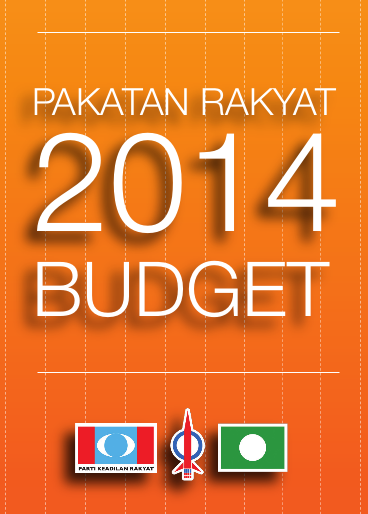What is the rationale for YTL’s RM9 billion monopoly over the Ministry of Education?
This parliamentary session, I submitted a series of questions regarding various projects that have been announced by the Minister of Education and Deputy Prime Minister Tan Sri Muhyiddin Yassin in recent times.
For example, the Minister had previously announced that the Government was determined to wire up all 10,000 schools in Malaysia to ensure all students benefit from high quality internet facilities. At the same time, we were also told that Malaysian students would soon be exposed to a “virtual learning environment” (VLE), an online-based learning (e-learning) platform that provides virtual access to classes, class content, homework and other resources. This new education tool is now in use in many countries around the world, from the United Kingdom to South Korea.
At the same time, there is no point to have broadband internet and a fancy e-learning tool such as VLE without the necessary hardware to utilise them. Hence, Muhyiddin has also promised that each student would be equipped with one laptop computer each, under the “1 Student 1 Device” programme.
While I was prepared for startling figures in terms of expenditure for these various programmes, I must admit I wasn't prepared for the fact that every single one of the above projects has been awarded to only one company – YTL Corporation Bhd and its subsidiaries.
From the various Parliamentary replies that I have received, I have found that YTL has been awarded the following projects to provide:
High-speed 4G broadband under the 1BestariNet programme to all schools (RM663 million for a contract of 2.5 years);
A Virtual Learning Environment (VLE) platform for teachers, students and parents (RM250.5 million for fixed-term licensing fees and RM262.8 million for management and maintenance costs); and
Chromebooks under the 1 Student 1 Device programme (RM139.6 million for an initial order of 116,399 units at a cost of RM1,200 per unit).
All the above amounts to a total of RM1.32 billion. This sum is of course not the end of the story, as the bulk of the expenses involve recurring costs, such as the high-speed broadband contract as well as the VLE licensing fees and maintenance costs. As for the Chromebook laptops, if the plan is to eventually provide every student with one unit each as per the 1 Student 1 Device programme, then we are looking into a prospective final cost of RM6.6 billion for 5.5 million units.
All in, the total cost of all three projects awarded to YTL could easily rise up to RM9 billion within a span of five years. In other words, it would appear that YTL has found a lucrative oil well in the form of a monopoly over the Ministry of Education.
As a result of this revelation, serious questions now need to be answered:
Was there an open competitive tender process to supply the 4G broadband infrastructure, VLE as well as Chromebooks?
Since when has YTL, a leading company in utilities, construction, property development and recently an internet service provider, become an expert in education services?
Besides the 4G broadband infrastructure in the 1BestariNet project, what makes YTL the best choice to provide not only the VLE software but also the Chromebook hardware when they are neither a software developer nor computer manufacturer?
The Ministry of Education must immediately answer all these questions to allay important concerns over what is set to become a very expensive project that is not only funded by the public purse but which will also affect every school-going child in the country.
